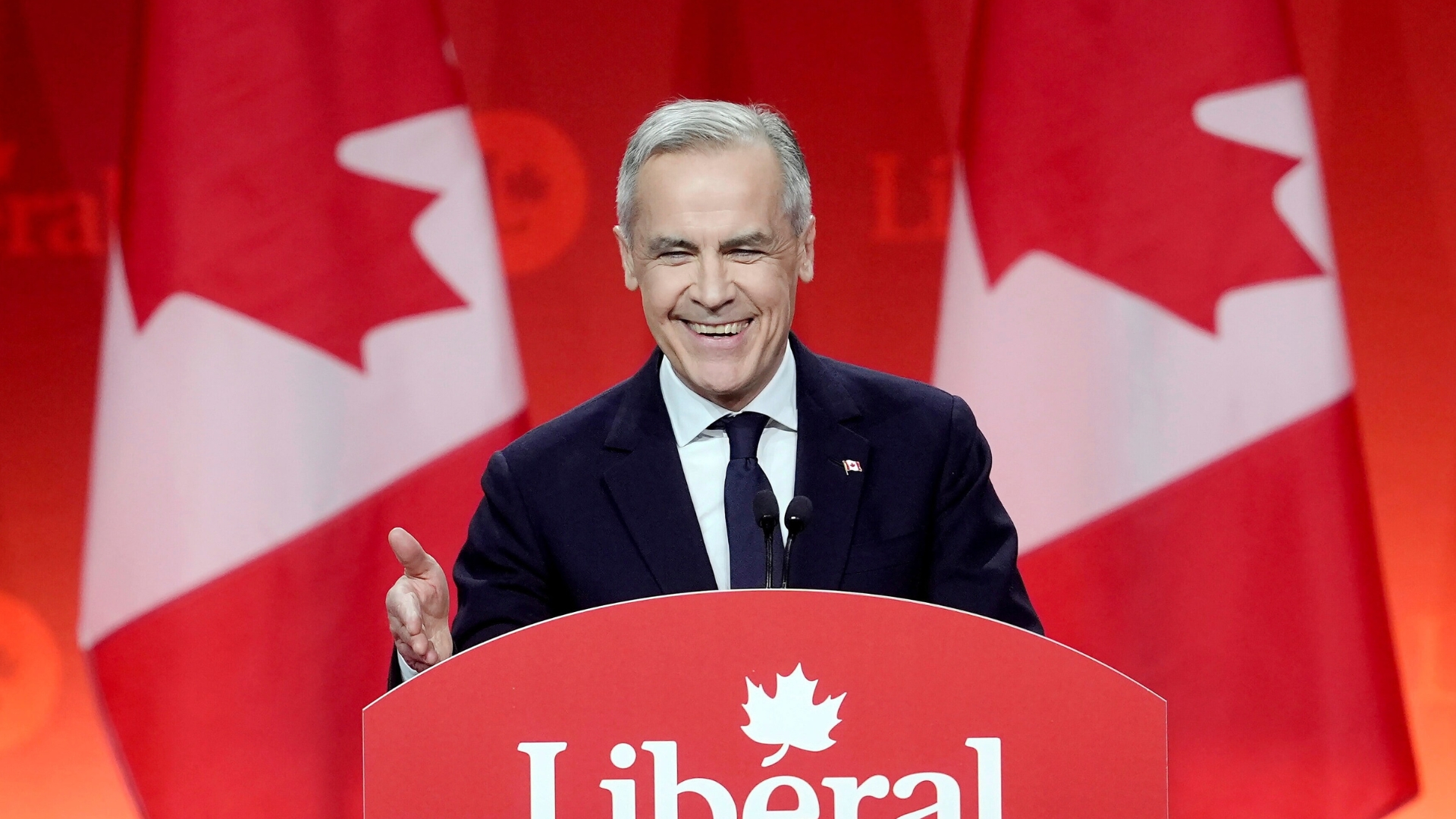US reciprocal tariffs: The United States enforces broad trade duties on multiple nations, sparking global criticism and retaliation threats. The new import taxes, ranging from 10% to 49%, were announced by President Donald Trump on Wednesday. He claimed they would level the playing field for American businesses and bring jobs back to the US.
But world leaders expressed serious concerns. The European Union, Japan, the United Kingdom, and other major economies condemned the measure and warned that it may lead to economic instability. While some countries are calling for trade negotiations to start right away, others are considering taking countermeasures.
Robust Global Response to Tariffs
The European Commission’s head, Ursula von der Leyen, called the levies a “major blow to the world economy.” They would increase the cost of essentials like food and medicine, she said. The United Kingdom and Japan also expressed concerns, with UK Business Secretary Jonathan Reynolds emphasizing the need for a trade agreement to “mitigate the impact.”
Brazil is considering taking the issue to the World Trade Organization, while Mexico and Canada are evaluating their responses. In the meanwhile, South Korea has pledged to support affected businesses. China, which and the US have historically clashed over trade policy, hinted at possible reprisals.
Markets React to Tariff Announcement
The stock market took a hit following the announcement. US stock futures fell by as much as 3%, while Tokyo’s Nikkei dropped by 3.1%. Oil prices also saw a brief decline of over $2 per barrel. Experts warn that these tariffs could lead to a higher risk of recession.
The average tariff rate in the United States increased from 2.5% in 2024 to 22% in 2025, a level not seen since 1910, according to Olu Sonola, head of US Economic Research at Fitch Ratings. Experts worry that this would interfere with international supply networks and impede global economic expansion.
Nations Weigh Countermeasures
While some countries are considering retaliatory tariffs, others prefer negotiations. Italian Prime Minister Giorgia Meloni stated that a trade war would “weaken the West” and urged the US to return to the table for discussions.
Australia’s Prime Minister Anthony Albanese dismissed the tariffs as unjustified, arguing that the US has a trade surplus with Australia. Meanwhile, Chilean President Gabriel Boric warned that these measures challenge international trade principles.
What Comes Next?
According to trade experts, finding a diplomatic solution would be the wisest course of action as the world economy prepares for possible repercussions. A weaker economic recovery and higher consumer costs might result from rising tariffs if a deal cannot be reached.
In an effort to prevent a full-scale trade war, international leaders are nonetheless on high alert for the time being.
Source: AP News





